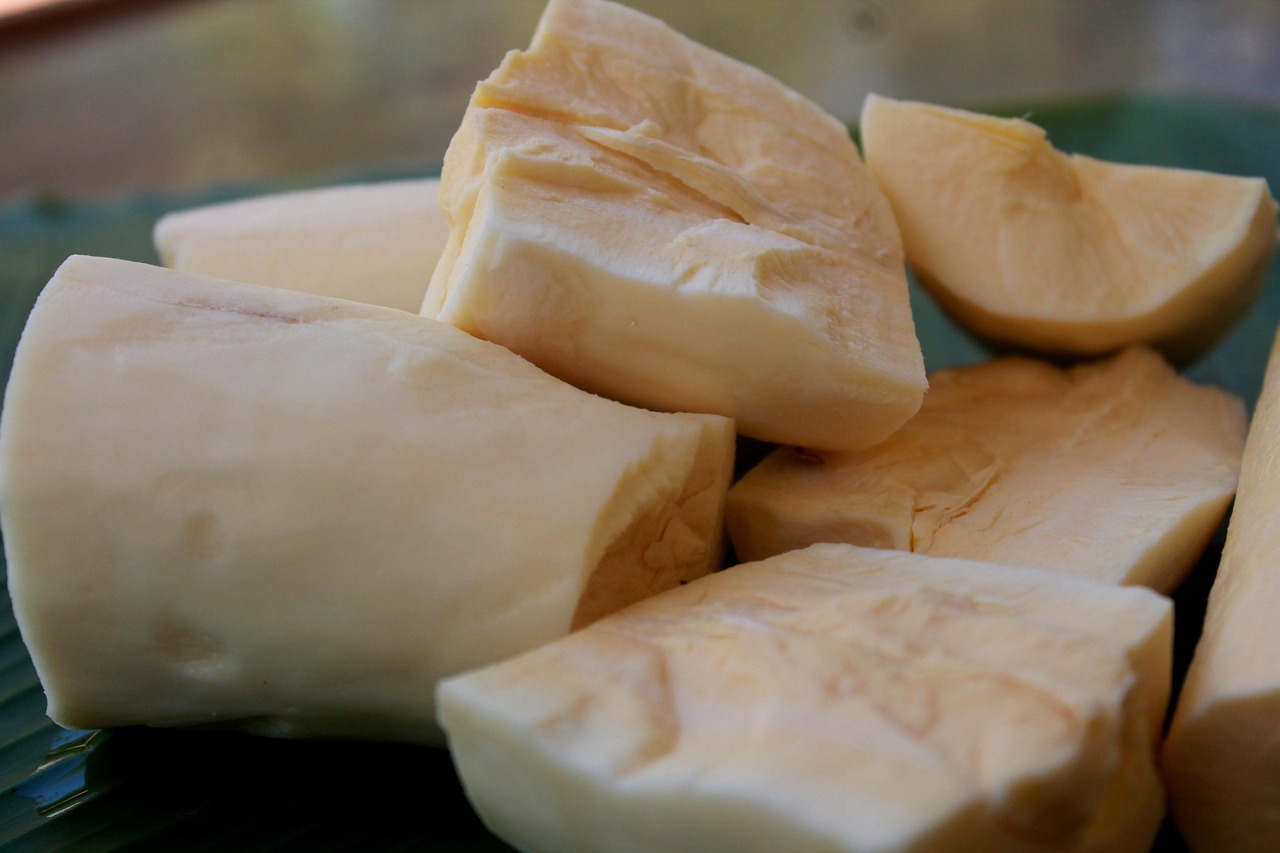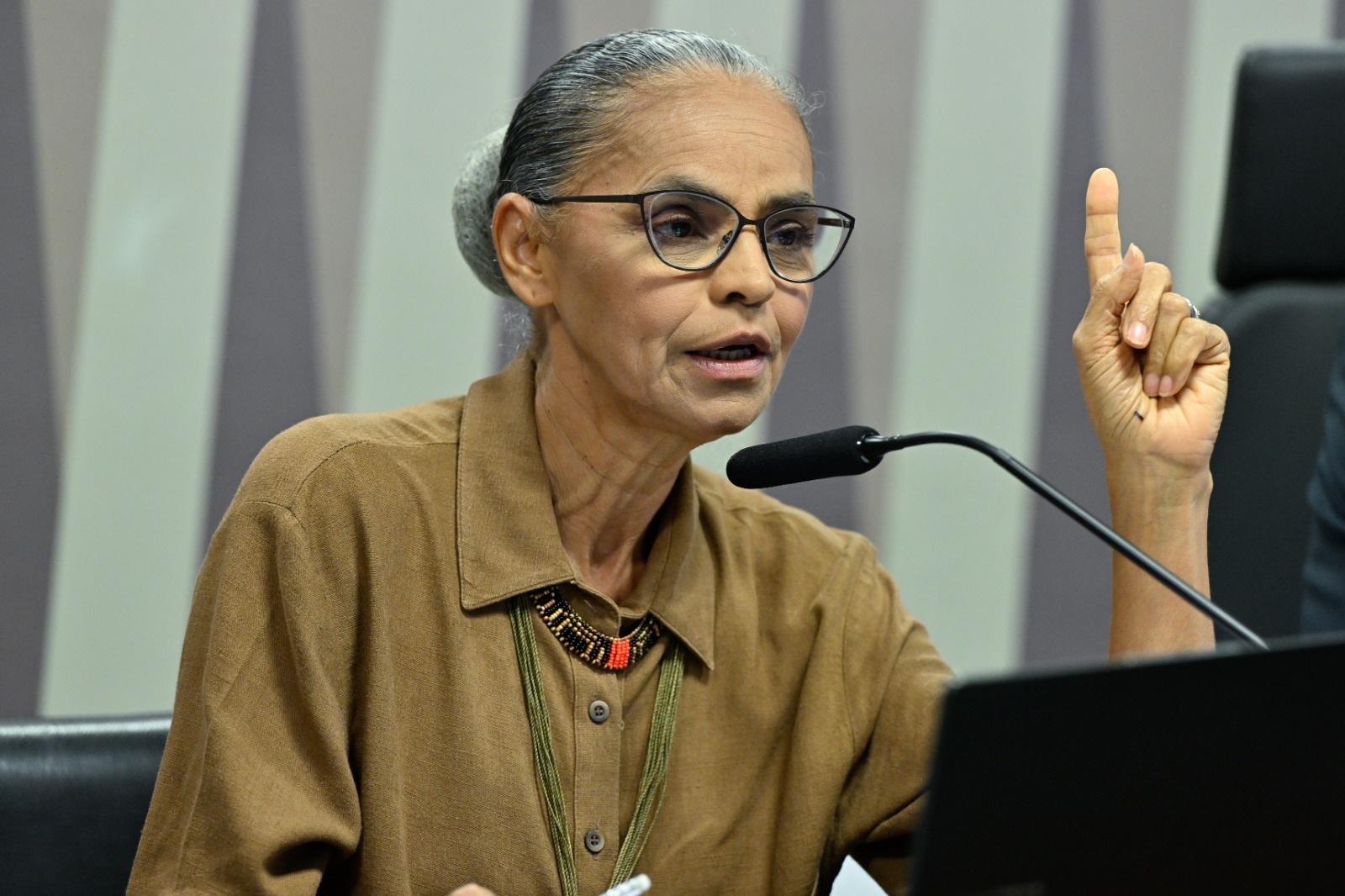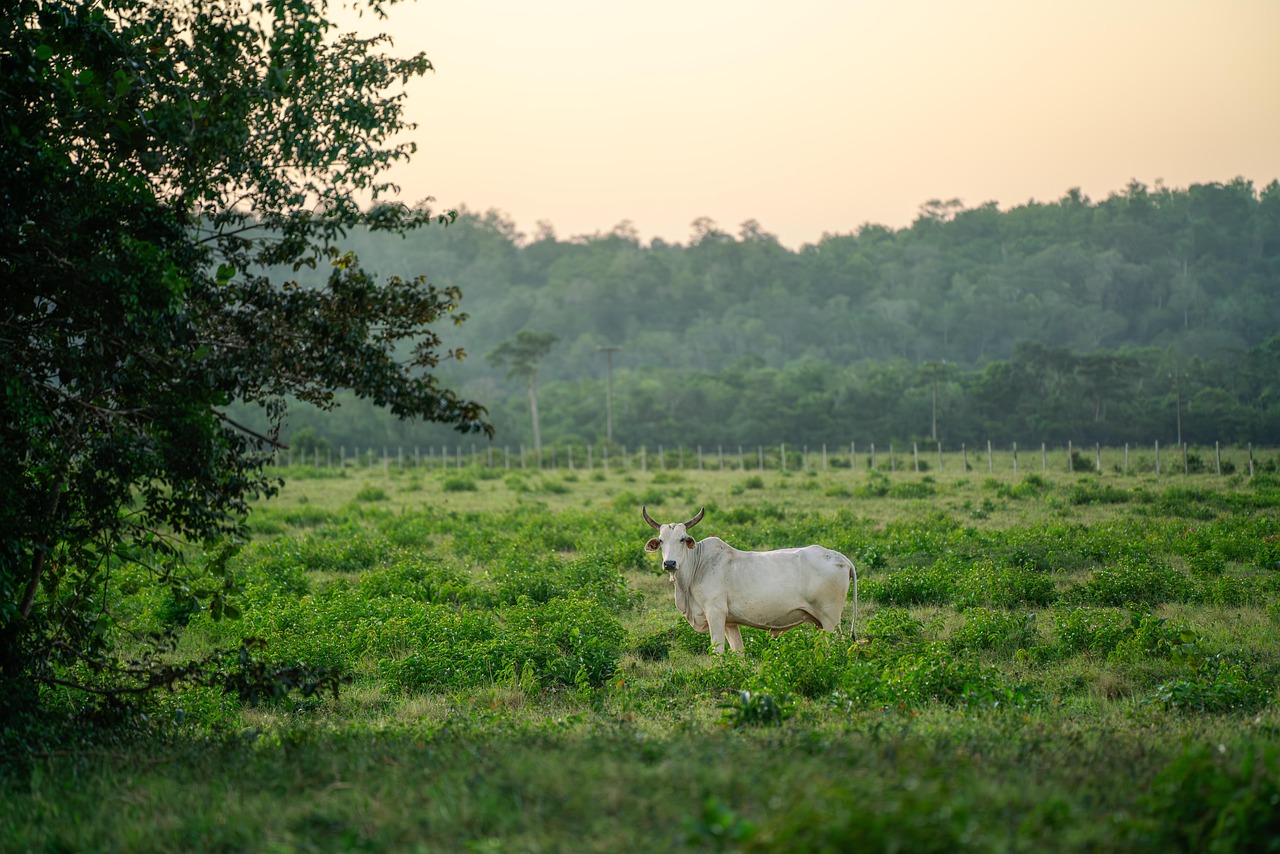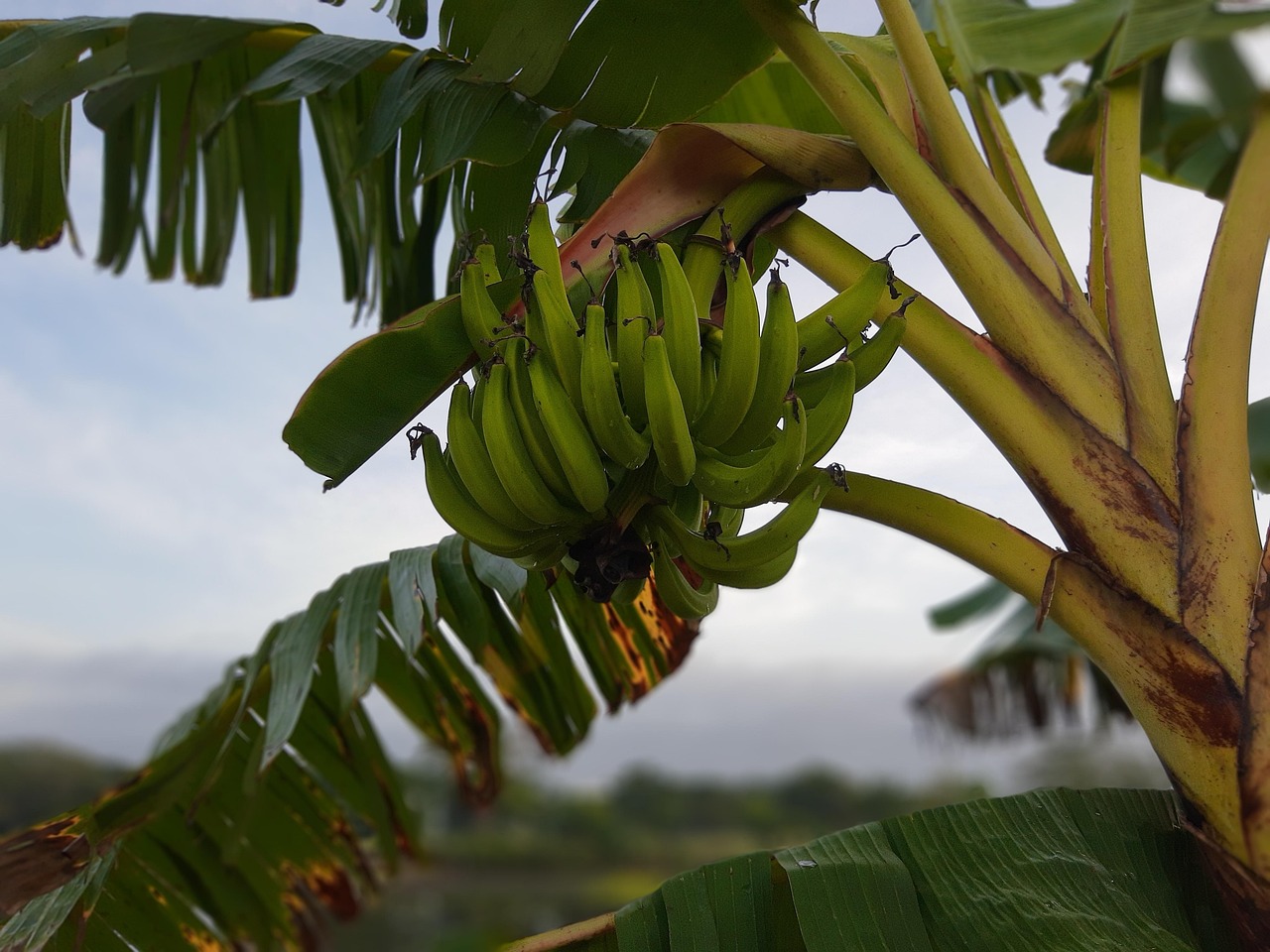
The European Commission has adopted new guidelines for agricultural sustainability agreements, allowing for competition restrictions under certain conditions.
This new measure, introduced by the reform of the Common Agricultural Policy (CAP), aims to facilitate the adoption of more sustainable agricultural practices.
Competition limits
Article 101 of the Treaty on the Functioning of the European Union (TFEU) prohibits agreements between companies that restrict competition, such as those between competitors that lead to higher prices or lower quantities.
However, Article 210a of Regulation 1308/2013 establishes an exception for agricultural agreements that seek to achieve higher sustainability standards than EU or Member State legal requirements.
Guidelines for sustainable agreements

The new guidelines clarify how producers and other actors in the agri-food chain can design joint sustainability initiatives in line with Article 210a. They define:
- Scope of the exception: Applies only to agreements between agricultural producers and agreements between producers and other actors in the chain, such as input suppliers, distributors, transporters, or packagers. Agreements without agricultural producers do not benefit from the exception.
- Eligible sustainability objectives: Include environmental protection, reduction of pesticide use and antimicrobial resistance, and animal health and welfare. Economic and social objectives (such as fair remuneration for farmers) do not fall within the exception.
- Sustainability standards: Agreements must establish more stringent standards than existing laws, even if only marginally. These standards must be indispensable for achieving the sustainability goal.
- Competition restrictions: Agreements may include competition restrictions, provided they are indispensable to achieving the sustainability standard. Examples include payments to producers to cover additional costs and incentives to adopt the standard. Exclusion of products or operators from other Member States is not considered indispensable in principle.
- Post-implementation intervention: Competition authorities may intervene and require changes or termination of agreements that cause abusive prices for consumers or eliminate products with high demand.
Entry into force and consultations
The guidelines will enter into force following publication in the Official Journal of the EU. Operators with existing agreements are invited to align them with the guidelines. Consultations on the compatibility of agreements with EU competition rules can be requested from the Commission as of 8 December 2023.
The CAP reform for 2023-2027 introduced the new exception to competition rules for agricultural products. The aim is to facilitate the adoption of more sustainable agricultural practices, respecting the principles of free competition and preventing abuse.






